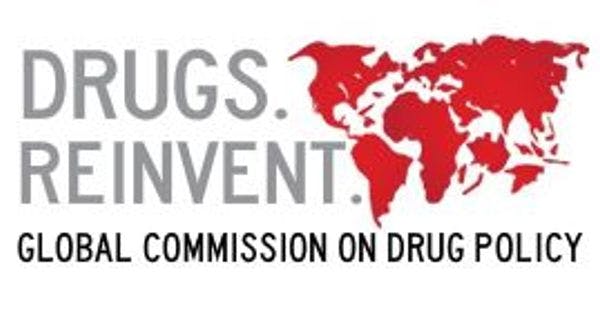A call for a stronger voice from Europe in the drug policy debate
The ten European members of the Global Commission call upon the European Union member States and institutions to take the lead in forming and inspiring a shared vision on a new global drug strategy that effectively improves the “health and the welfare of mankind”. It is of utmost importance that Europe plays an active role in the preparation process to and in the debate of the United Nations General Assembly Special Session (UNGASS) on the world drug problem in 2016.
The UNGASS provides a unique opportunity to recognize the harms caused by the illusion of the global goal of a drug free world, which would be achieved through prohibition and repression. It also provides an opportunity to recognize the urgent need for an adapted response to drugs, a response designed and implemented with a focus on public health, social and economic development, human rights, protection of youth, fight against stigma and discrimination, while also fighting against organized crime and money laundering.
For the last 30 years, Europe has experienced significant reforms in drug policies. We call on the European Council, the European Parliament and the European Commission to raise Europe’s voice in the global debate on drug policy, and to share the results of these decades of pragmatic and scientifically monitored efforts.
Promote approaches that put people’s health first: Confronted with the spread of HIV/AIDS, of a growing number of overdoses and of the social exclusion of drug users, European countries developed prevention programmes, enlarged the spectrum of treatment with respect to the possibilities and the free choice of people in need, and provided broad access to harm reduction services. A comprehensive health policy also implies social integration, jobs and housing facilities. Such experiences should be generalized and resources still largely dedicated to repression shifted towards public health and social investments.
Ensure equitable access to essential medicines that relieve unnecessary pain and suffering: Europe has a history of access to essential medicines for pain relief, palliative care and substitution therapy for opioid dependence. This effort should be scaled-up and maintained through the economic crisis, while Europe should also support developing countries in their effort to make essential medicines available for patients in need.
Stop criminalizing people for drug use and possession and stop imposing “compulsory treatment” on people whose only offence is drug use or possession: European countries paved the way by applying the principle of proportionality in sentencing, even if they still retain minor consumption or possession of drugs as offences. Others decided to decriminalize them completely, convinced by the evidence that criminalization of drug users has virtually no impact on reducing consumption, but contributes to stigmatization of vulnerable populations and contributes to their social and medical exclusion.
Click here to read the full article.
For more information, please also read this article.
Keep up-to-date with drug policy developments by subscribing to the IDPC Monthly Alert.
Topics
Regions
Related Profiles
- Global Commission on Drug Policy
